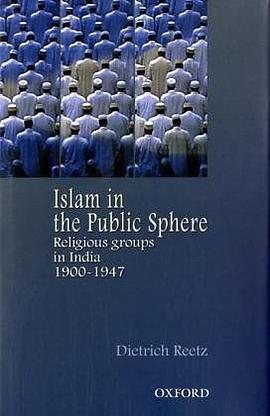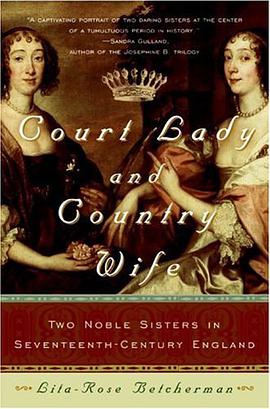

This is a history of how twentieth-century Britons came to view themselves and their world in psychological terms, and how this changed over time. It examines the extent to which psychological thought and practice could mediate, not just understanding of the self, but also a wide range of social and economic, political, and ethical issues that rested on assumptions about human nature. In doing so, it brings together high and low psychological cultures; it focuses not just on health, but also on education, economic life, and politics; and it reaches from the start of the century right up to the 1970s. Mathew Thomson highlights the intense excitement surrounding psychology at the start of the century, and its often highly unorthodox expression in thought and practice. He argues that the appeal of psychological thinking has been underestimated in the British context, partly because its character has been misconstrued. Psychology found a role because, rather than shattering values, it offered them new life.The book considers the extent to which such an ethical and social psychological subjectivity survived the challenges of an industrial civilization, a crisis in confidence regarding human nature wrought by war and political extremism, and finally the emergence of a permissive society. It concludes that many of our own assumptions about the route to psychological modernity - centred on the rise of individualism and interiority, and focusing on the liberation of emotion, and on talk, relationships, and sex - need substantial revision, or at least setting alongside a rather different path when it comes to the Britain of 1900-70.
具體描述
讀後感
評分
評分
評分
評分
用戶評價
相關圖書
本站所有內容均為互聯網搜索引擎提供的公開搜索信息,本站不存儲任何數據與內容,任何內容與數據均與本站無關,如有需要請聯繫相關搜索引擎包括但不限於百度,google,bing,sogou 等
© 2025 qciss.net All Rights Reserved. 小哈圖書下載中心 版权所有




















